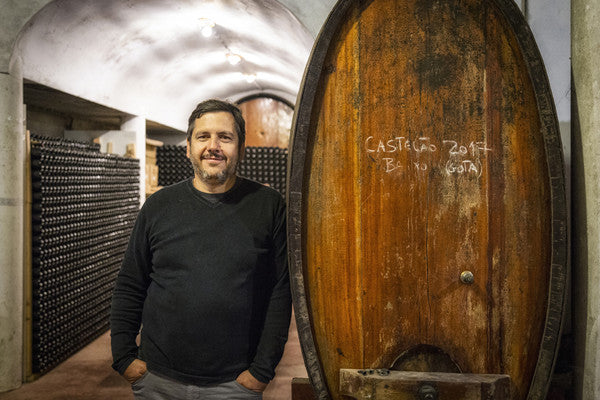According to the legend of Quinta da Serradinha, one day António, the second, was surrounded by a series of bottles when, out of nowhere, someone caused a wooden ladybug to land on top of one of the bottles. In this unpredictable yet premonitory manner, the trademark image of the bottles of Quinta da Serradinha was born.




